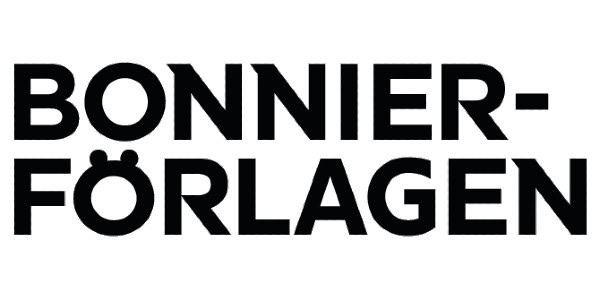
Ethnic discrimination, name change and labor market inequality : Mixed approaches to ethnic exclusion in Sweden

| Författare | |
|---|---|
| Förlag | Stockholm University |
| Genre | Samhälle, politik och debatt |
| Format | Häftad |
| Språk | Engelska |
| Antal sidor | 190 |
| Vikt | 399 gr |
| Utgiven | 2015-09-02 |
| ISBN | 9789187235085 |
This thesis consists of four empirical studies on ethnic integration in the Swedish labor market. Studies I-III draw on a field experiment testing ethnic discrimination in the hiring process.
Study I documents the existence of employer discrimination in response to equally merited applications with Arabic/African or Swedish names, and shows that foreign-named applicants have to send twice as many applications to receive a callback compared to Swedish-named applicants. Results also suggest that employers in female-dense occupations practice ethnic and gender compensation while employers in male-dense occupations practice only gender compensation.
Study II reveals gendered differences in the intensity of employer stereotypes by testing how much more work experience is needed to eliminate the disadvantage of having an Arabic name on a job application. Results indicate a reverse gender gap, as initial differences in call-backs disappear for female applicants when CVs for Arabic-named applications are enhanced but remain strong and significant for male applicants.
Study III evaluates criticism directed at residual analysis and field experiments that claims that they tell us nothing about real world discrimination and its long-term effects. By combining experimental and register data, Study III responds to this criticism by showing that the results of Study I correspond closely with real world labor market inequality of identical 'twins' (identified through propensity score matching) to the fictive individuals of Study I.
Study IV explores the strategies underlying surname change from a Middle Eastern name to a more Swedish sounding one, drawing on 45 interviews with surname changers with a Middle Eastern background. The results indicate that immigrant name change is a pragmatic assimilation strategy. The study also illustrates how the institutional enabling of name change both creates and enables pragmatic assimilation.























